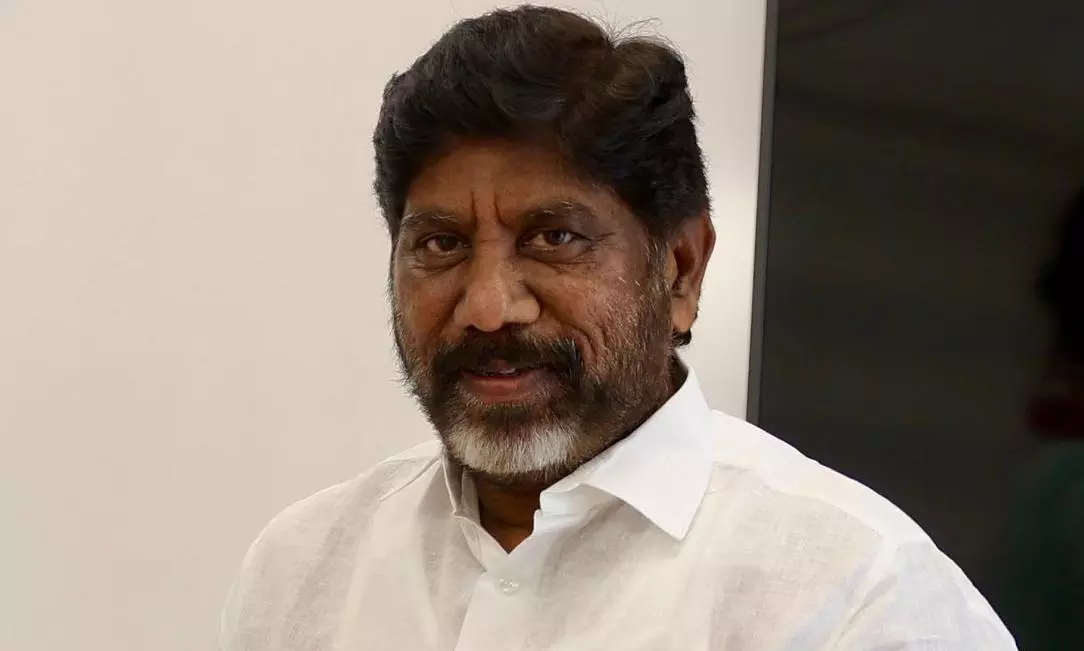Telangana: Bhatti Bats for Borrowing Flexibility, Fiscal Autonomy

Hyderabad: Deputy Chief Minister and Finance Minister Mallu Bhatti Vikramarka said that Telangana supported a realistic fiscal deficit target of 4.5 per cent of the gross domestic product (GDP) to sustain momentum in infrastructure development and employment generation.
Bhatti said the state would prefer a growth-driven approach to reduce the debt-to-GDP ratio rather than an austerity-driven strategy from the financial year 2027 by duly following the fiscal consolidation roadmap laid out in 2021.
Addressing the pre-Budget meeting of Union finance minister Nirmala Sitharaman with the state finance ministers at Delhi, Bhatti welcomed the reforms to the Income Tax Act and urged the Centre to simplify tax slabs and reduce corporate tax rates to enhance ease of doing business.
He emphasised streamlining of the income-tax and GST filing processes, stating that it was currently consuming weeks for mid-sized and large businesses to complete the requirement. Expanding the tax base through digital tracking of financial transactions and encouraging voluntary compliance were also key measures, he said.
Emphasising borrowing flexibility and fiscal autonomy for states, Bhatti requested that the net borrowing ceilings be communicated alongside tax devolution figures during the Budget presentation, and removal conditions on borrowings to allow greater fiscal space.
Expressing concern over global uncertainties and domestic slowdowns, Bhatti underscored the need for robust stimulus for capital expenditure, for the creation of assets. He sought enhanced special assistance to states for capital expenditure with an annual allocation of Rs 2.5 lakh crore.
Bhatti said states should have flexibility in utilisation of Central funds, without restrictive conditions like branding requirements under Centrally Sponsored Schemes (CSS).
Seeking a fair share of CSS, Bhatti said Telangana has been underfunded despite being among the fastest-growing states and contributing significantly to the national economy.
Proposing the establishment of a technology upgradation fund for MSMEs, Bhatti underlined the need for the extension of production linked incentive (PLI) schemes to sectors like power electronics, plastics recycling and emerging technologies for the revival and technological modernisation of MSMEs.
Claiming that the state bifurcation commitments remained unfulfilled, Bhatti urged the Centre to release pending grants of Rs 1,800 crore under Section 94(2). The state also seeks an extension of the annual Rs 450-crore grant for five more years to support backward districts.
Bhatti also sought funding for critical infrastructure such as industrial parks, irrigation projects, highway networks and extending the Smart Cities Mission. He urged the Centre to allow states greater flexibility to use MGNREGA funds for public works that generate employment while creating durable assets.

